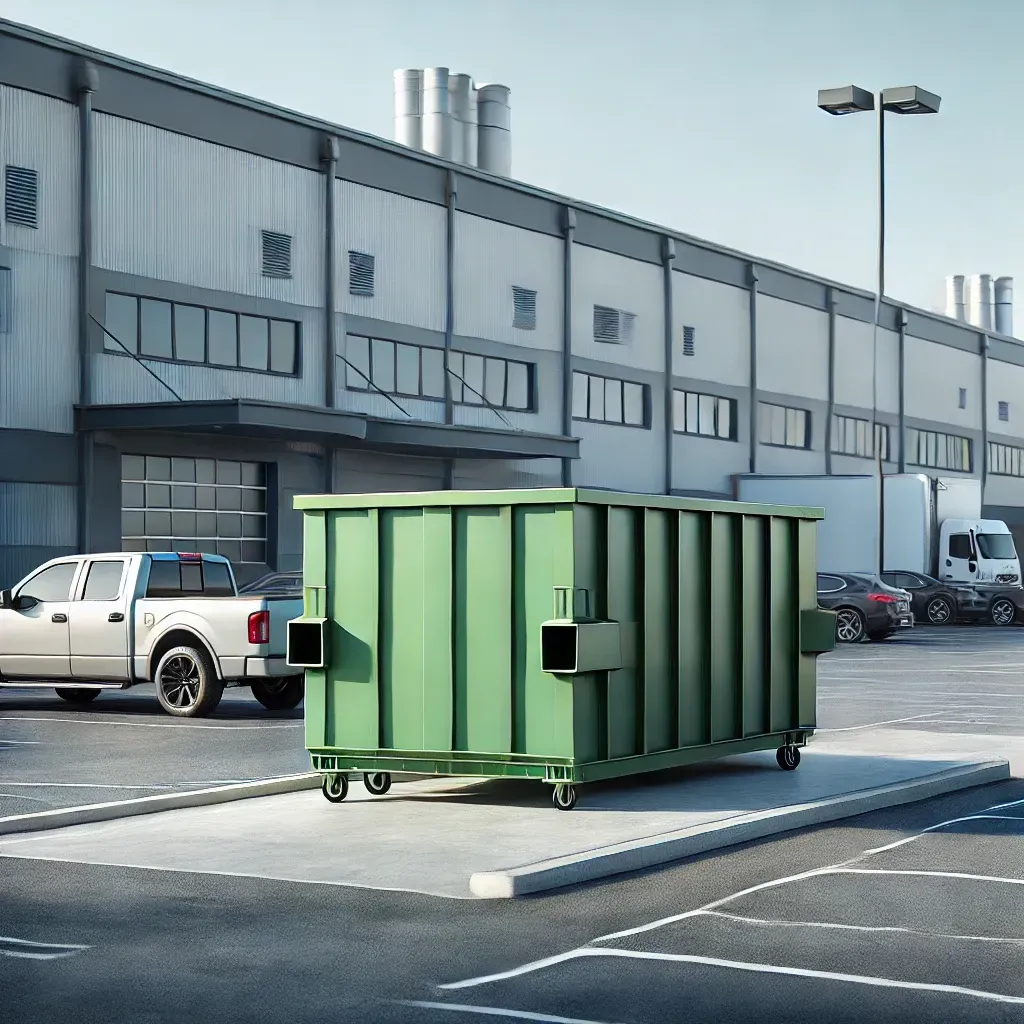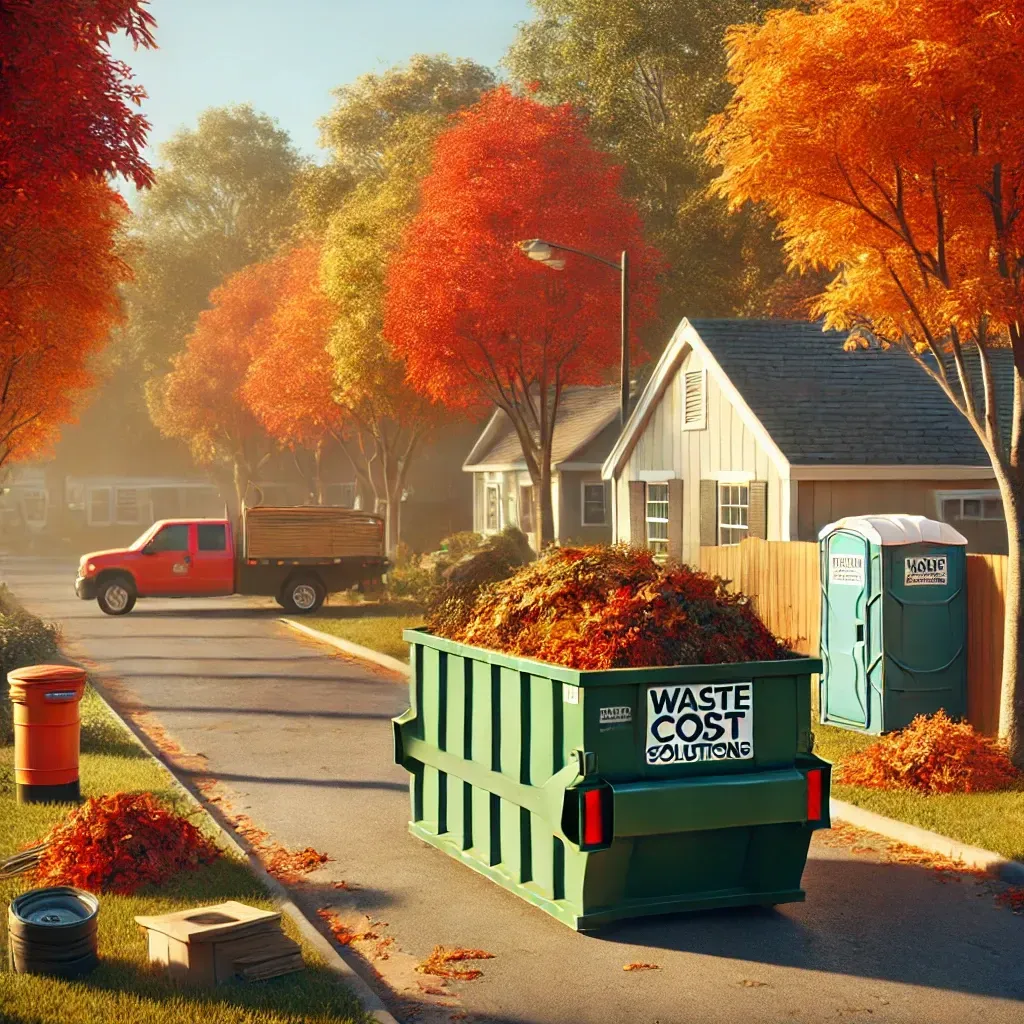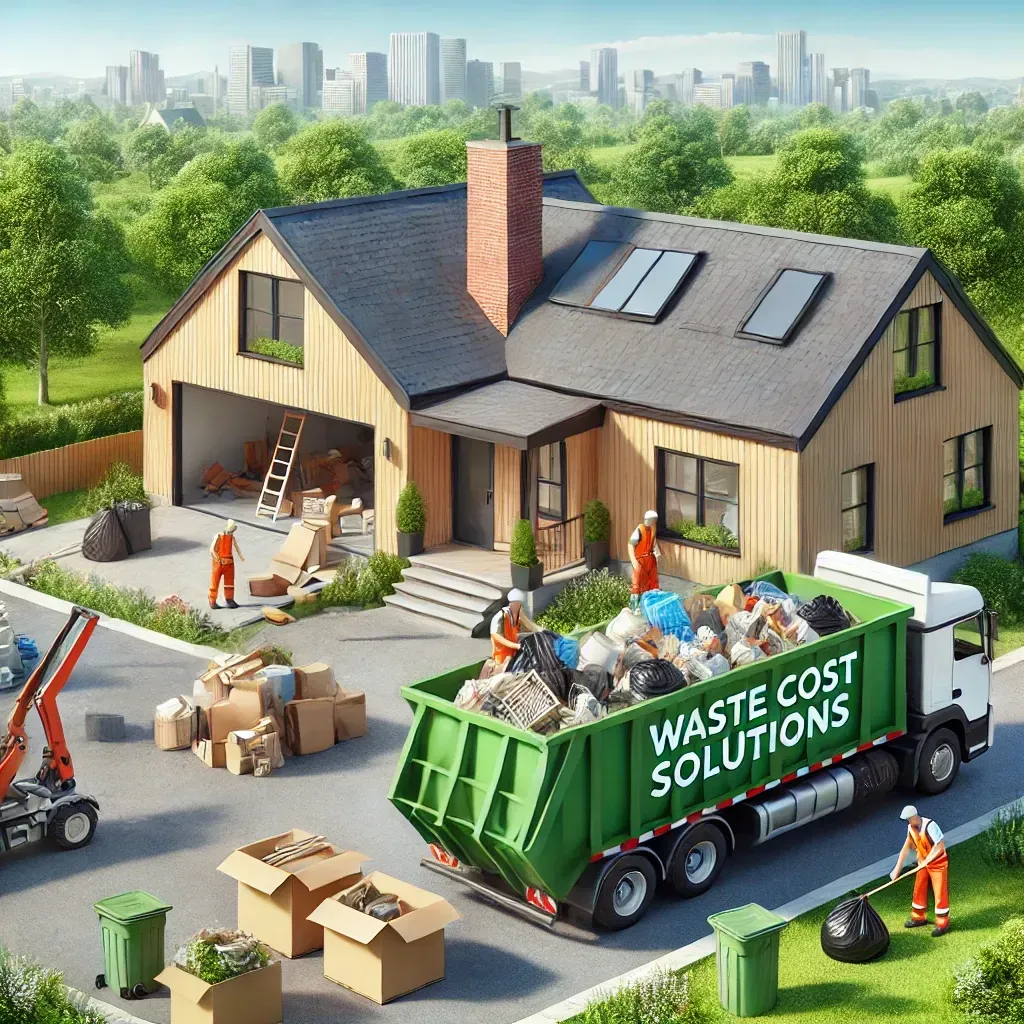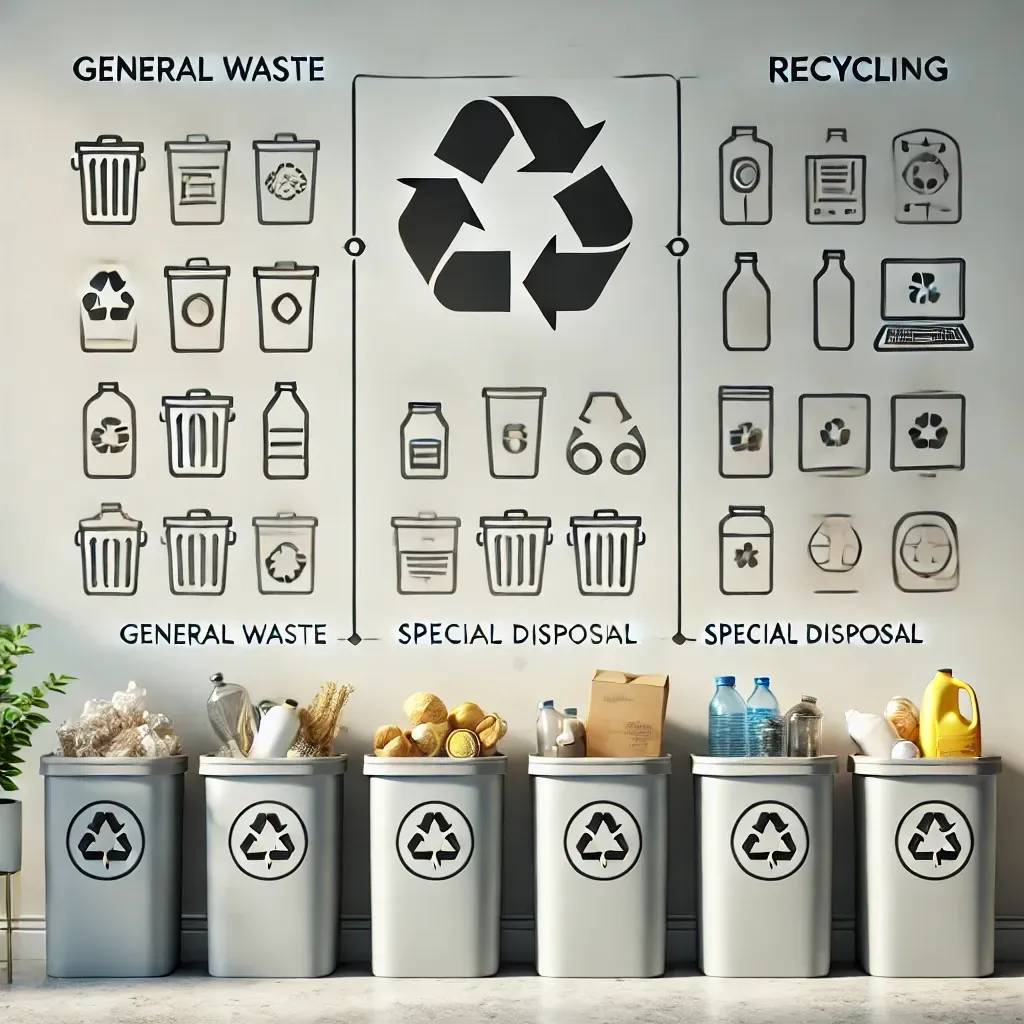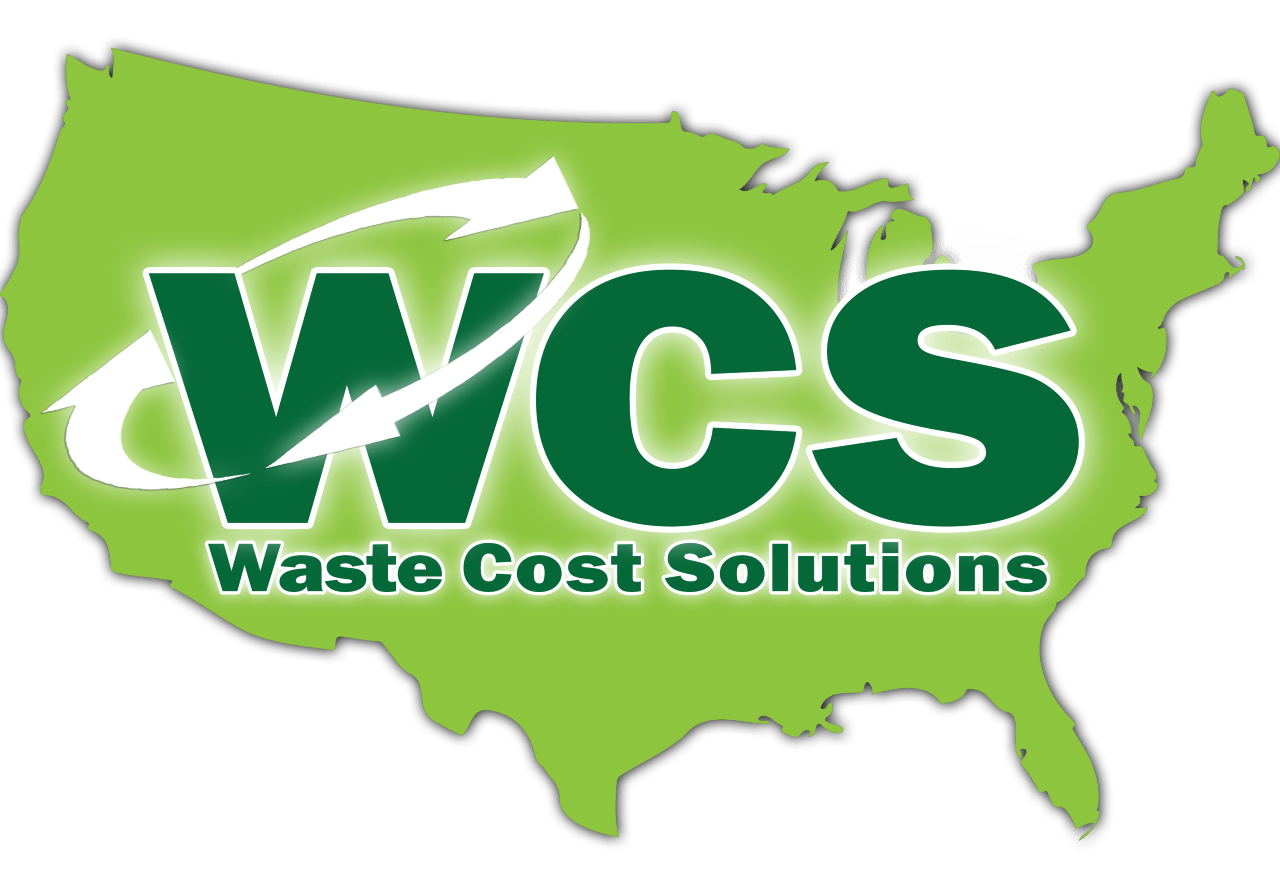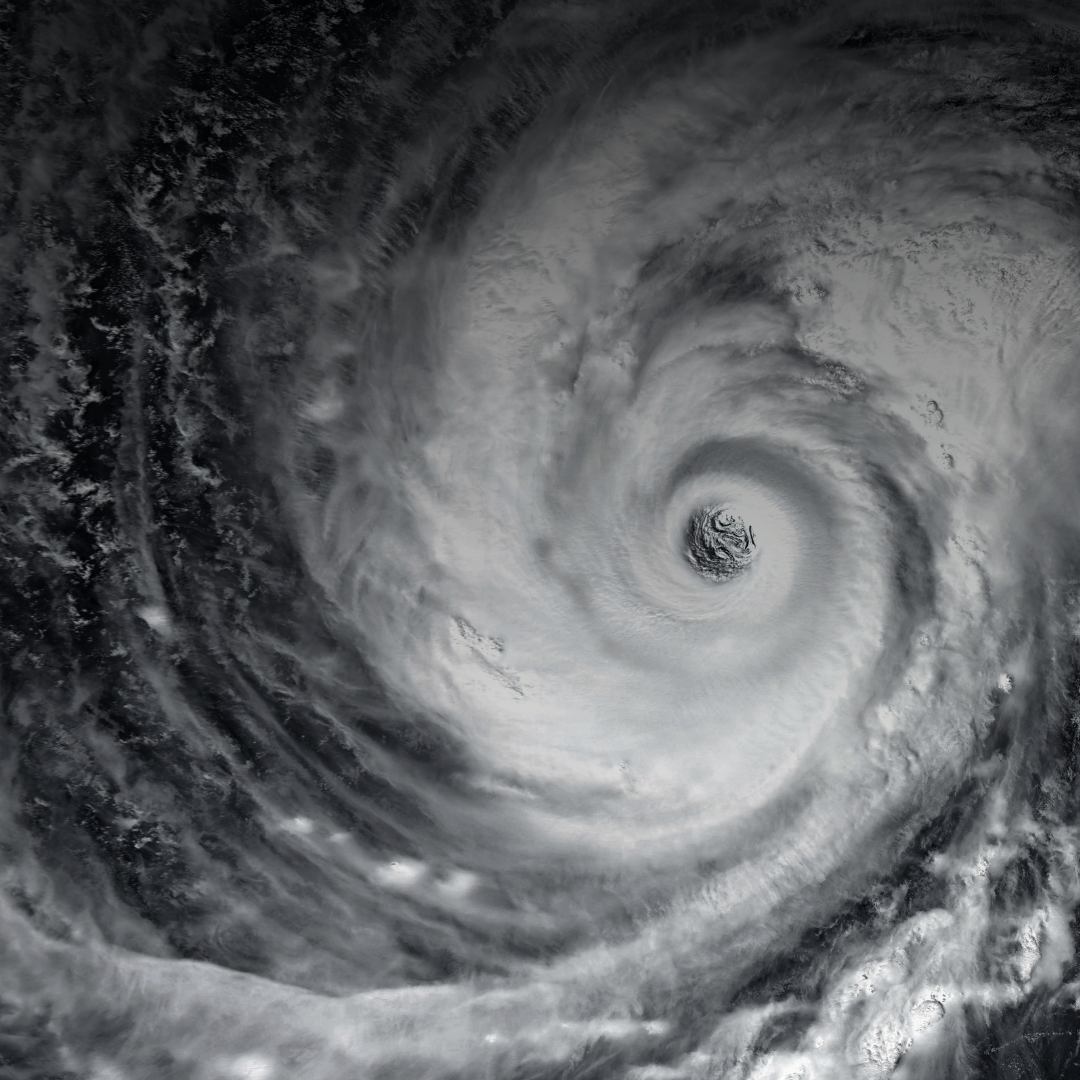What is Waste Management and Why is it Important?
Understanding Waste Management and Its Benefits
Waste management is a term used to describe the process of collecting, transporting, processing, recycling, or disposing of waste materials. It is an important component of modern society that helps reduce harmful environmental effects caused by improper disposal. Understanding how waste management works and why it is important can help us all create a healthier and more sustainable world.
What is Waste?
Waste generally refers to any material or object that is no longer wanted or needed. This includes everything from household garbage and construction debris to medical waste. The types of materials present in the waste can vary greatly depending on the source and purpose of the discarded material. For example, household waste often contains food scraps, paper products, plastics, and other similar items while industrial waste may include chemicals, solvents, oils, heavy metals, and other hazardous substances.
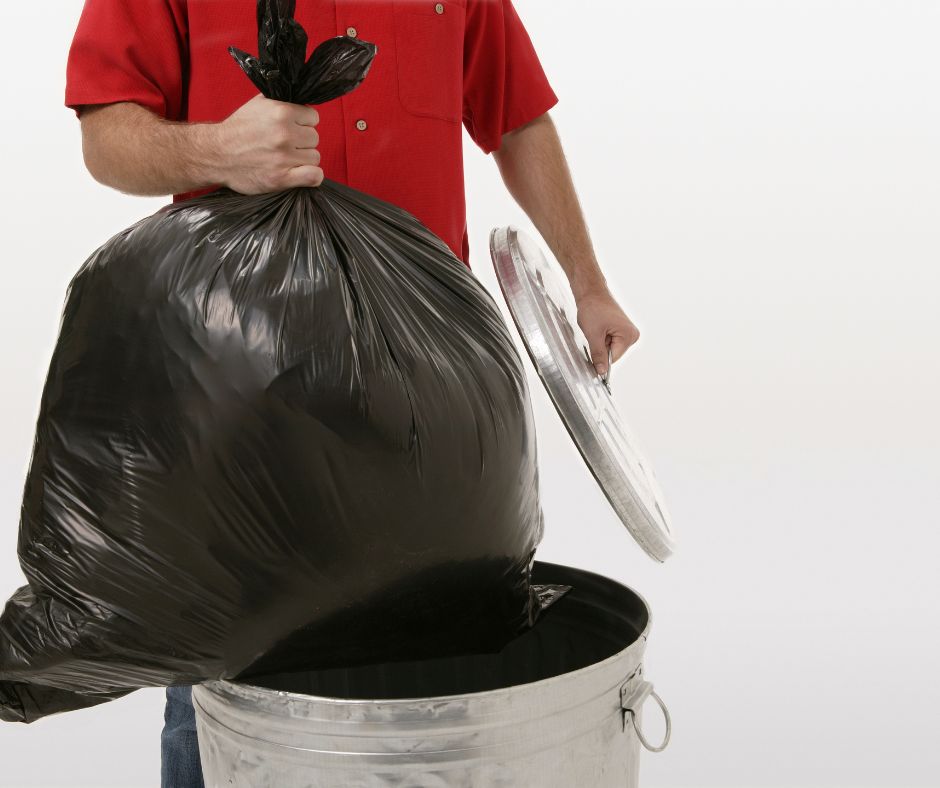
Why Is Waste Management Important?
Waste management is essential for maintaining public health as well as preserving our environment. Improper disposal of hazardous materials can lead to air pollution, water contamination, soil erosion, ground contamination and much more. Properly managing our waste also helps reduce the strain on natural resources by reusing and recycling materials whenever possible. Additionally, properly managing our waste can help conserve energy since some recycled materials require less energy to produce than their virgin counterparts.
How Does Waste Management Work?
The process of managing waste usually involves several steps including collection, sorting/processing/recycling/disposal/reuse. Collection occurs when the trash is collected from residential neighborhoods or businesses using trucks equipped with dumpsters or wheeled containers. Sorting occurs at a central facility where recyclable items are separated from non-recyclable items such as hazardous waste, which must be disposed of appropriately according to government regulations. Processing involves breaking down larger materials into smaller pieces so they can be reused or recycled; this often includes shredding or grinding the material into small particles before it goes through further processing steps such as washing or drying those particles into usable commodities like plastic flakes or scrap metal pieces that can then be sold for reuse in manufacturing applications. Finally, disposal typically happens when non-recyclable materials must be safely stored away from human contact until they can naturally degrade over time without posing a significant risk to the environment or public health & safety concerns are addressed accordingly per government regulations for safe disposal/landfill operations, etc.
Waste management is an important part of our everyday lives that helps us keep our environment clean while promoting sustainability efforts through recycling programs etc. Understanding what constitutes “waste” and how it should be managed helps us ensure that we are all doing our part to protect the planet we all share together! With proper education on proper disposal techniques combined with increased awareness on how we can reduce our impact on the environment by reducing consumption & reusing goods whenever possible - we’ll all be able to create a brighter future for ourselves & generations yet to come!

